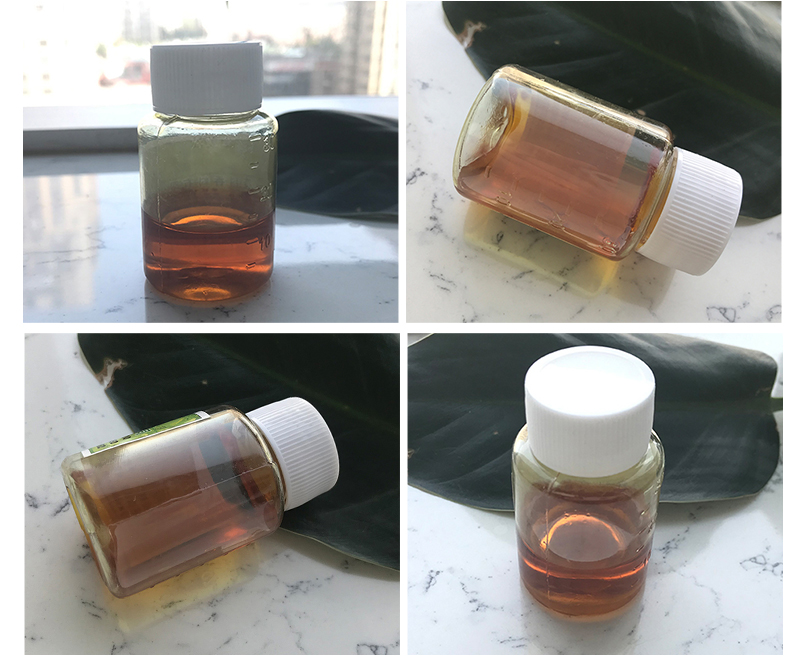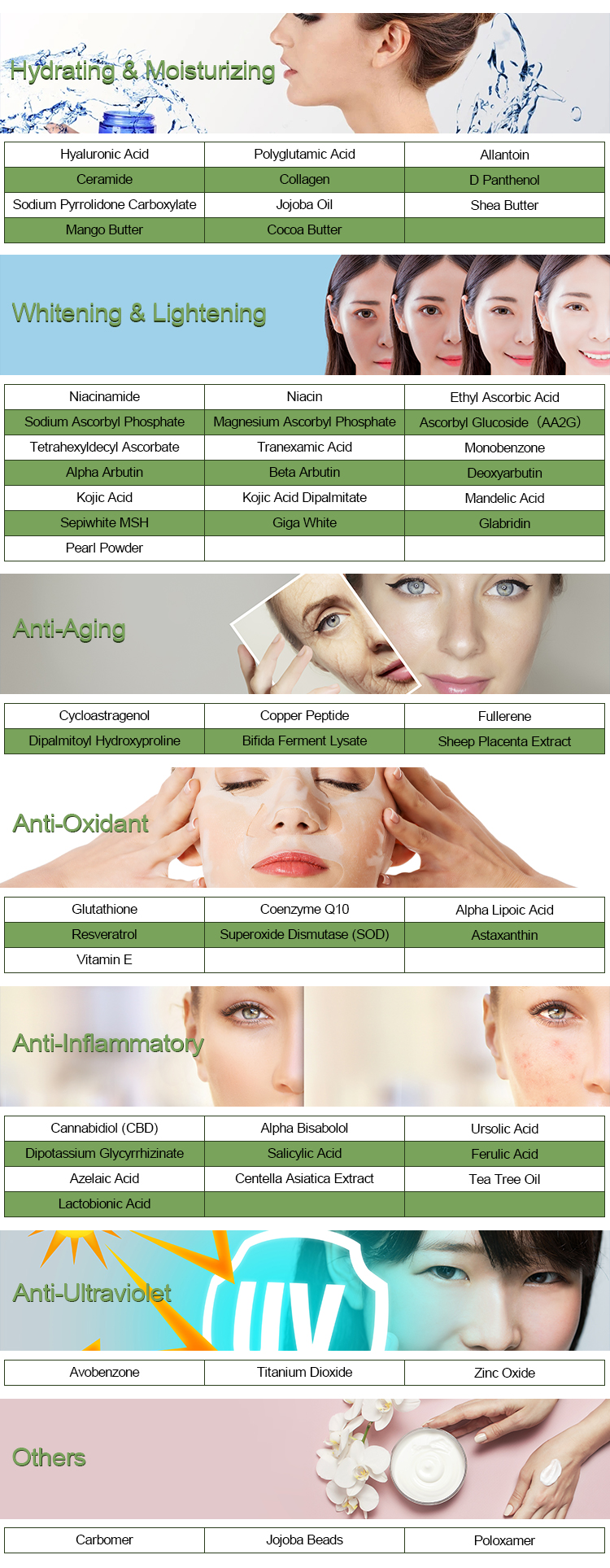As of my last update in September 2021, Bakuchiol oil had garnered significant attention in the beauty and skincare industry as a natural alternative to retinol. However, I cannot provide information on studies or developments that occurred after that date. I can offer an overview of what was known up to that point.
Bakuchiol is a compound derived from the seeds of the Psoralea corylifolia plant, also known as the “babchi” plant. It has been traditionally used in Ayurvedic and Chinese medicine for various purposes. In recent years, Bakuchiol gained popularity in skincare products due to its potential anti-aging and skin-beneficial properties.

Here are some key aspects and findings from comprehensive studies on Bakuchiol oil up to September 2021:
Anti-aging properties: Bakuchiol has been reported to exhibit retinol-like effects on the skin, such as stimulating collagen production and improving the skin’s texture and elasticity. It is believed to help reduce the appearance of fine lines and wrinkles.
Gentler alternative to retinol: One significant advantage of Bakuchiol over retinol is that it is generally considered to be better tolerated by individuals with sensitive skin. Unlike retinol, Bakuchiol does not cause the same level of skin irritation, redness, and dryness.
Antioxidant and anti-inflammatory effects: Bakuchiol has demonstrated antioxidant properties, which help protect the skin from damage caused by free radicals and environmental stressors. Its anti-inflammatory effects may also aid in reducing skin redness and inflammation.
Comparable efficacy to retinol: Some studies have indicated that Bakuchiol can achieve similar results to retinol in improving skin conditions, though it may take a bit longer to see noticeable effects.

Skin brightening and pigmentation: Bakuchiol has shown potential in reducing the appearance of age spots and hyperpigmentation, leading to a brighter complexion.
Acne management: Some studies have suggested that Bakuchiol might be helpful in managing acne and preventing future breakouts.
It is essential to note that while Bakuchiol has shown promise in these areas, more research is needed to fully understand its mechanisms of action and long-term effects. Additionally, product formulations, concentrations, and individual variations can influence its efficacy.
If you are considering using Bakuchiol oil or products containing Bakuchiol, it is always best to consult with a dermatologist or skincare professional to determine if it’s suitable for your skin type and concerns.
Please keep in mind that there might have been further developments and studies on Bakuchiol oil beyond my knowledge cutoff date, and I recommend searching for more recent information for the most up-to-date understanding.
